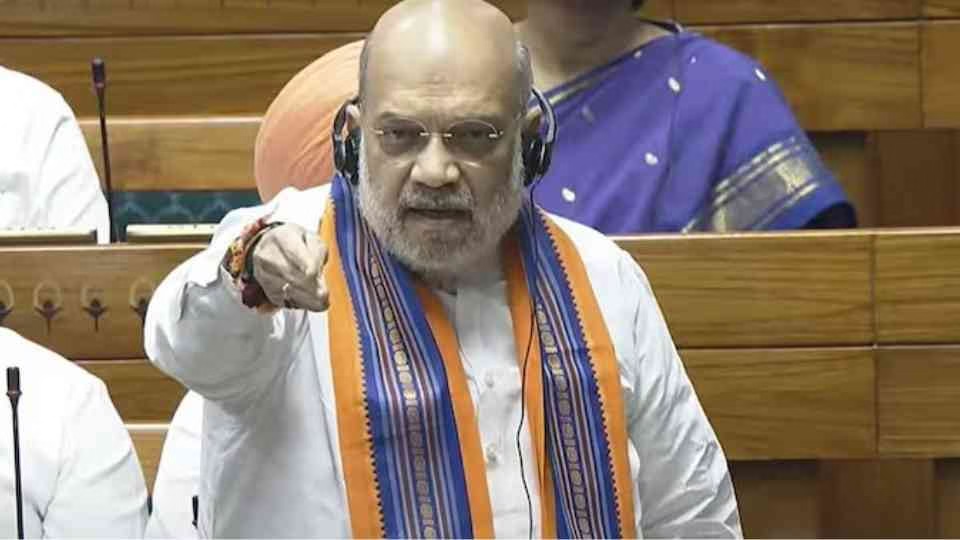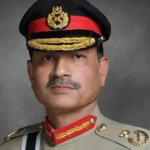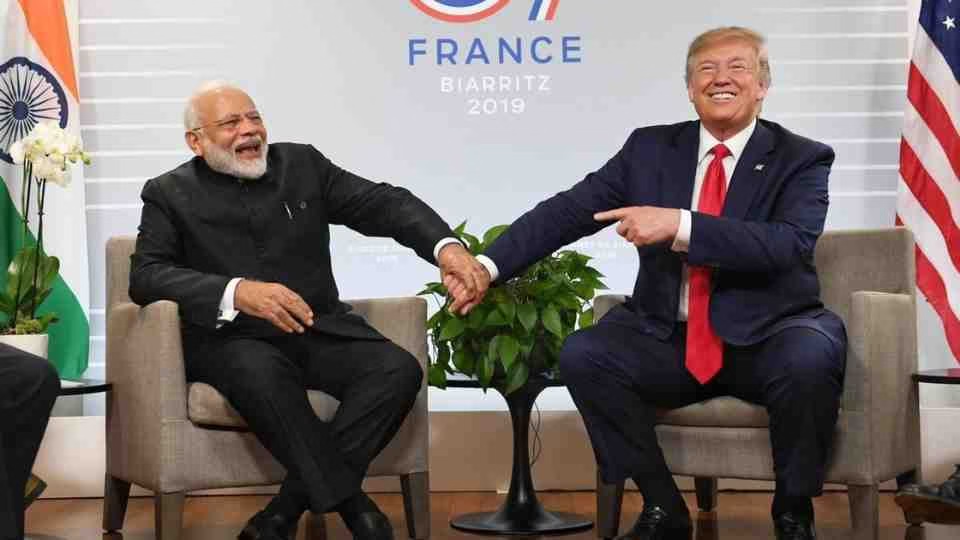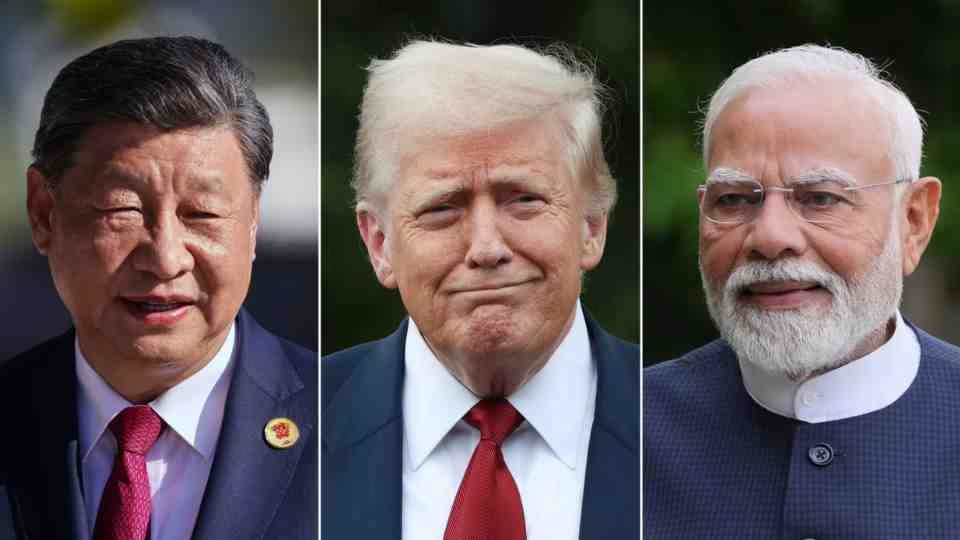Opposition Members Tear Up Legislation, Hurl Papers at Home Minister During Heated Session
The Lok Sabha descended into chaos on Wednesday as Home Minister Amit Shah introduced three controversial anti-corruption bills that would automatically remove high-ranking officials from office if arrested for 30 consecutive days. The dramatic session saw opposition members tearing up copies of the proposed legislation and hurling the pieces toward the Home Minister’s bench.
The three bills—the Constitution (130th Amendment) Bill, the Government of Union Territories (Amendment) Bill, and the Jammu and Kashmir Reorganisation (Amendment) Bill—were ultimately referred to a joint parliamentary committee for detailed examination amid unprecedented scenes of disorder.
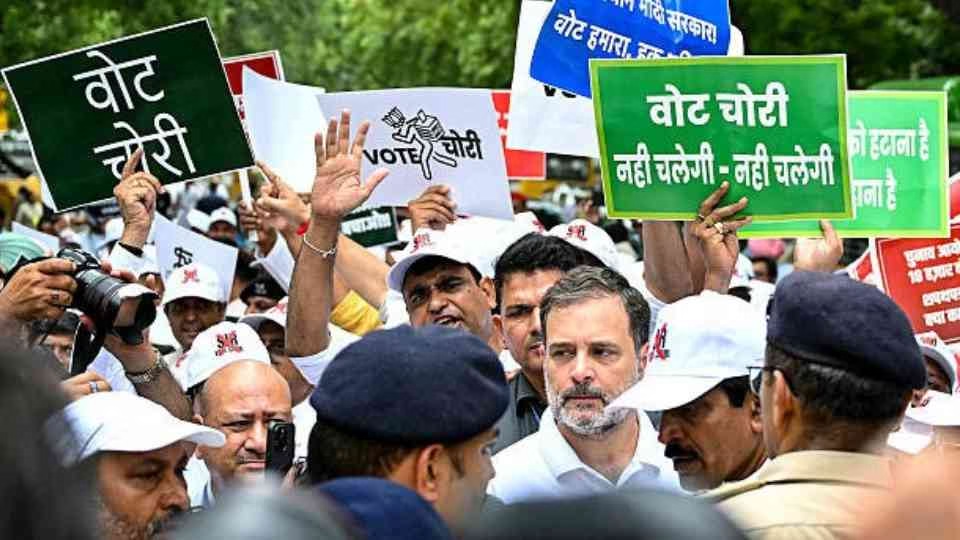
Key Provisions of the Proposed Legislation
Under the draft laws, any Prime Minister, Chief Minister, or minister facing serious criminal charges would be automatically stripped of their position if they remain in custody for 30 straight days. The legislation specifically targets cases where the alleged offense carries a potential sentence of five years or more imprisonment.
The bills include a provision allowing these officials to be reinstated to their positions upon release from custody, though this has done little to quell opposition concerns about the legislation’s potential for misuse.
Violent Protests and Paper-Throwing Incident
As Shah moved to introduce the bills, opposition benches erupted in protest. Trinamool Congress MP Kalyan Banerjee, along with other opposition leaders, was seen tearing up printed copies of the legislation before throwing the torn pieces in the direction of the Home Minister’s seat. Television footage captured paper fragments scattered near Shah’s position in the chamber.
However, Banerjee later disputed reports that he was among those who tore up the bills, though he did not deny his participation in the broader protest.
Heated Exchange Over Past Arrests
The session witnessed a particularly tense confrontation between Shah and Congress MP KC Venugopal, who brought up the Home Minister’s own legal troubles from his time in Gujarat politics. Venugopal referenced Shah’s arrest in connection with the Sohrabuddin Sheikh encounter case, questioning the minister’s moral authority to introduce such legislation.
“This bill violates the basic principle of the Constitution. When Amit Shah was the Home Minister of Gujarat, he was arrested. Did he uphold morality then?” Venugopal demanded during the heated exchange.
An visibly agitated Shah defended his past actions, emphasizing that he had voluntarily resigned from his ministerial position before his arrest. “There were false allegations against me. I had resigned on moral grounds till I was under trial. I did not hold a single constitutional post till I was cleared of all the charges by the court,” he responded.
The Home Minister was eventually cleared of all charges by a special CBI court in 2014, which cited insufficient evidence to proceed with the case.
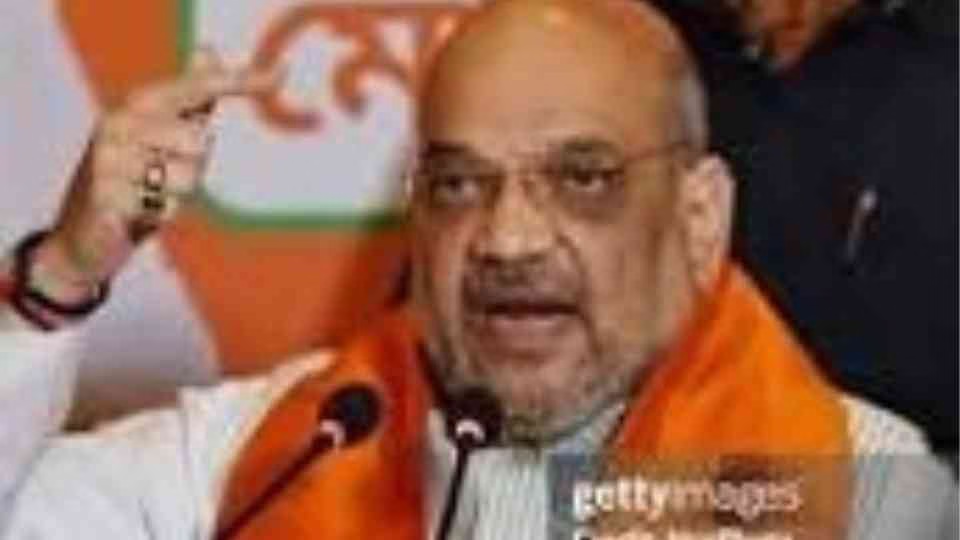
Opposition Brands Bills as “Draconian”
Opposition parties have launched a scathing attack on the proposed legislation, labeling it as fundamentally anti-democratic and prone to political exploitation. Critics argue that the bills would provide the central government with a powerful weapon to destabilize opposition-controlled state governments through strategically timed arrests.
AIMIM leader Asaduddin Owaisi delivered one of the most forceful condemnations, warning that the legislation represented a dangerous step toward authoritarianism. “It gives executive agencies a free run to become judge and executioner based on flimsy allegations and suspicions… This government is hell-bent on creating a police state. This will be a death knell unleashed on elected governments,” Owaisi declared.
The Hyderabad MP went further, drawing historical parallels between the proposed bills and the Gestapo, the notorious secret police force of Nazi Germany, in his criticism of the legislation’s potential for abuse.
Constitutional Concerns Raised
Congress MP Manish Tewari raised serious constitutional objections to the bills, arguing that they fundamentally undermine the basic structure of India’s democratic framework. “This bill opens the door for political misuse by instrumentalities of the state whose arbitrary conduct has been repeatedly frowned upon by the Supreme Court,” Tewari warned.
These concerns echo recent Supreme Court observations about the conduct of central investigative agencies, particularly the Enforcement Directorate. The apex court has expressed strong reservations about what it perceives as the political weaponization of these agencies, with justices noting that some agencies appeared to be “crossing all limits” and being deployed for “political battles.”
Context Behind the Legislative Push
The introduction of these bills comes against the backdrop of several high-profile cases where elected officials continued to hold office despite being incarcerated. The most notable examples include former Delhi Chief Minister Arvind Kejriwal and Tamil Nadu minister V Senthil Balaji, both of whom maintained their positions while in custody on corruption-related charges.
Currently, Indian law contains no automatic provision for removing sitting ministers or chief executives who face serious criminal allegations, even when they are arrested and held in custody for extended periods.
Parliamentary Procedure and Next Steps
Despite the dramatic protests and opposition resistance, the bills were formally introduced and subsequently referred to a joint committee of Parliament for thorough examination. This procedural step will allow for detailed scrutiny of the proposed legislation before it returns to the floor for debate and potential passage.
The joint committee review process typically involves calling expert witnesses, examining the constitutional and legal implications of proposed legislation, and providing recommendations for amendments or modifications before the bills return to Parliament for final consideration.
The dramatic scenes in the Lok Sabha underscore the deep political divisions surrounding these anti-corruption measures and suggest that the legislative battle over these bills is far from over.

